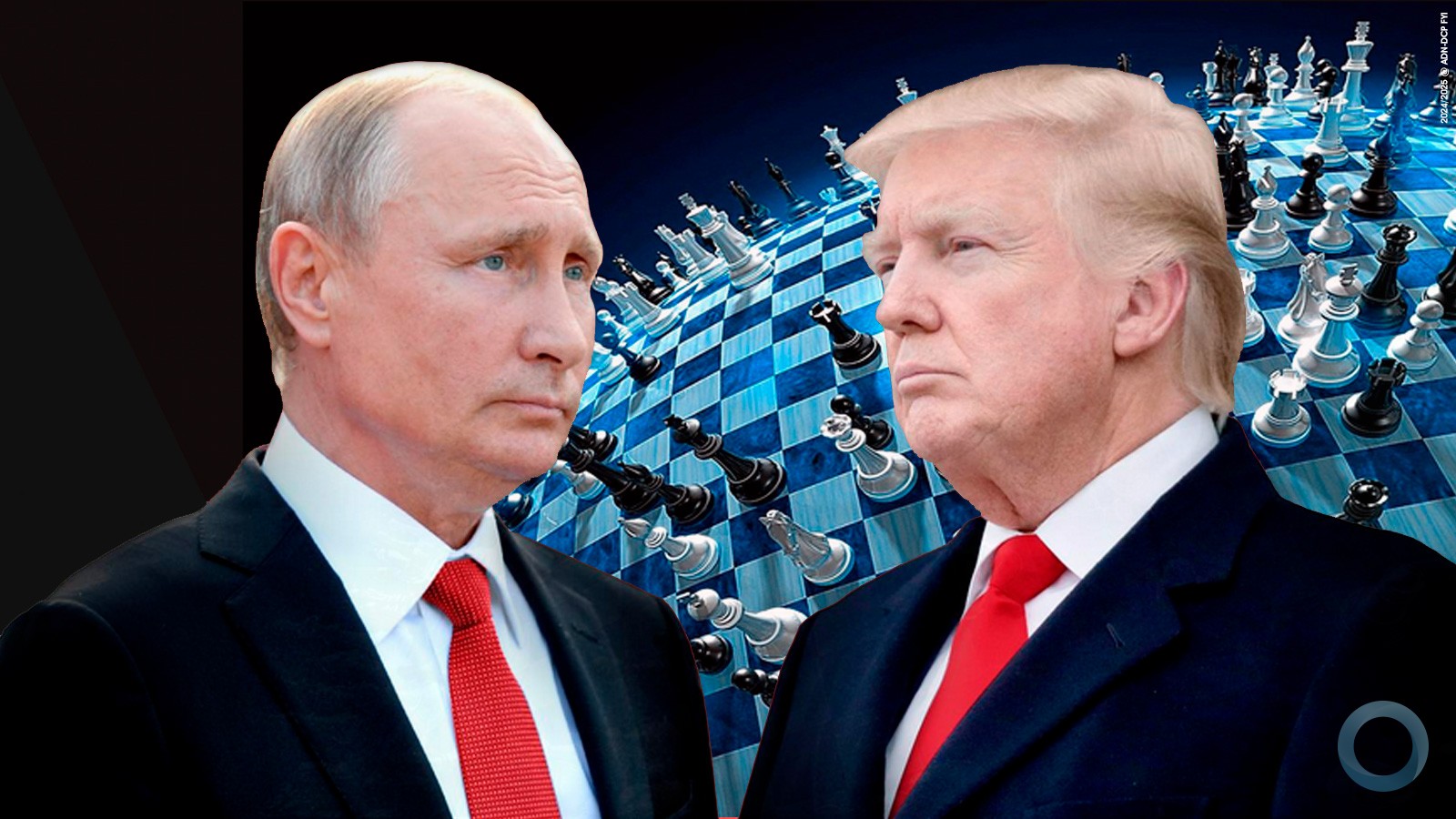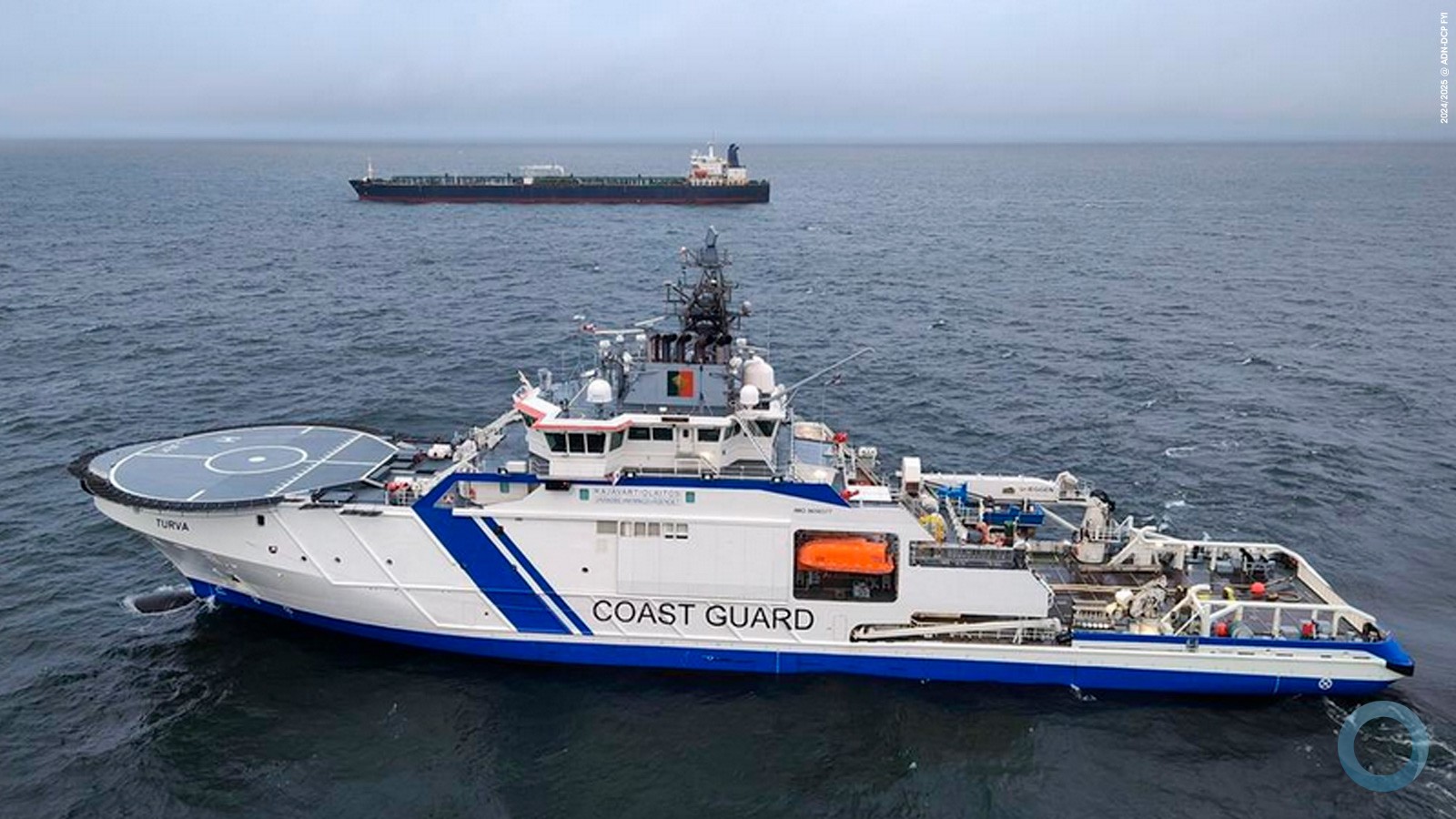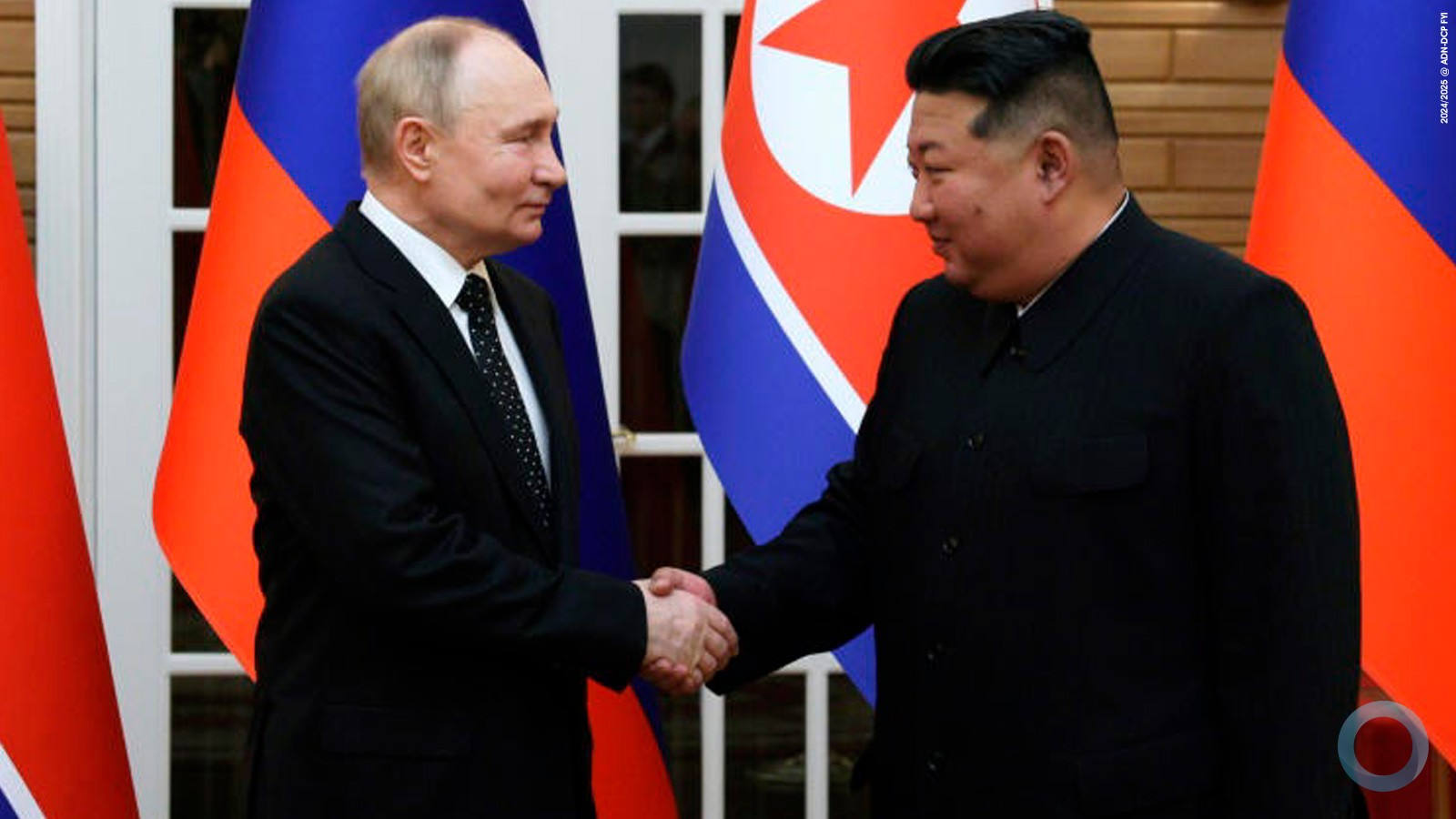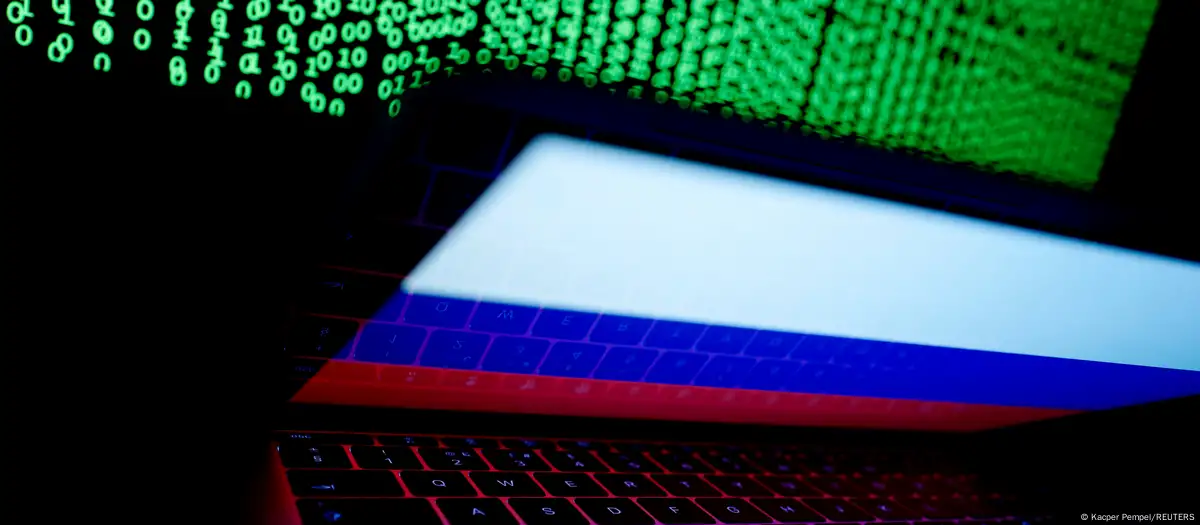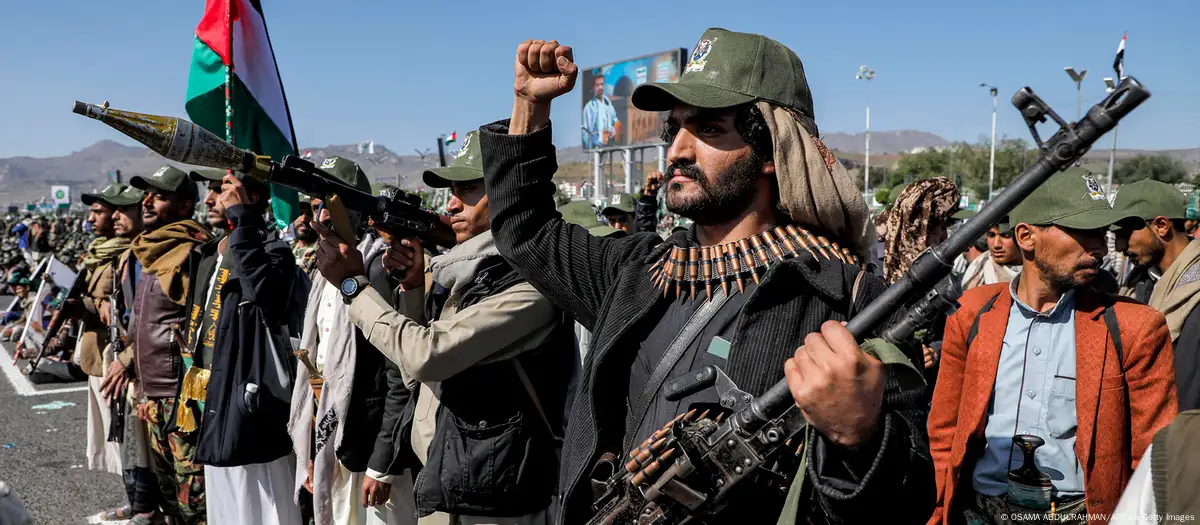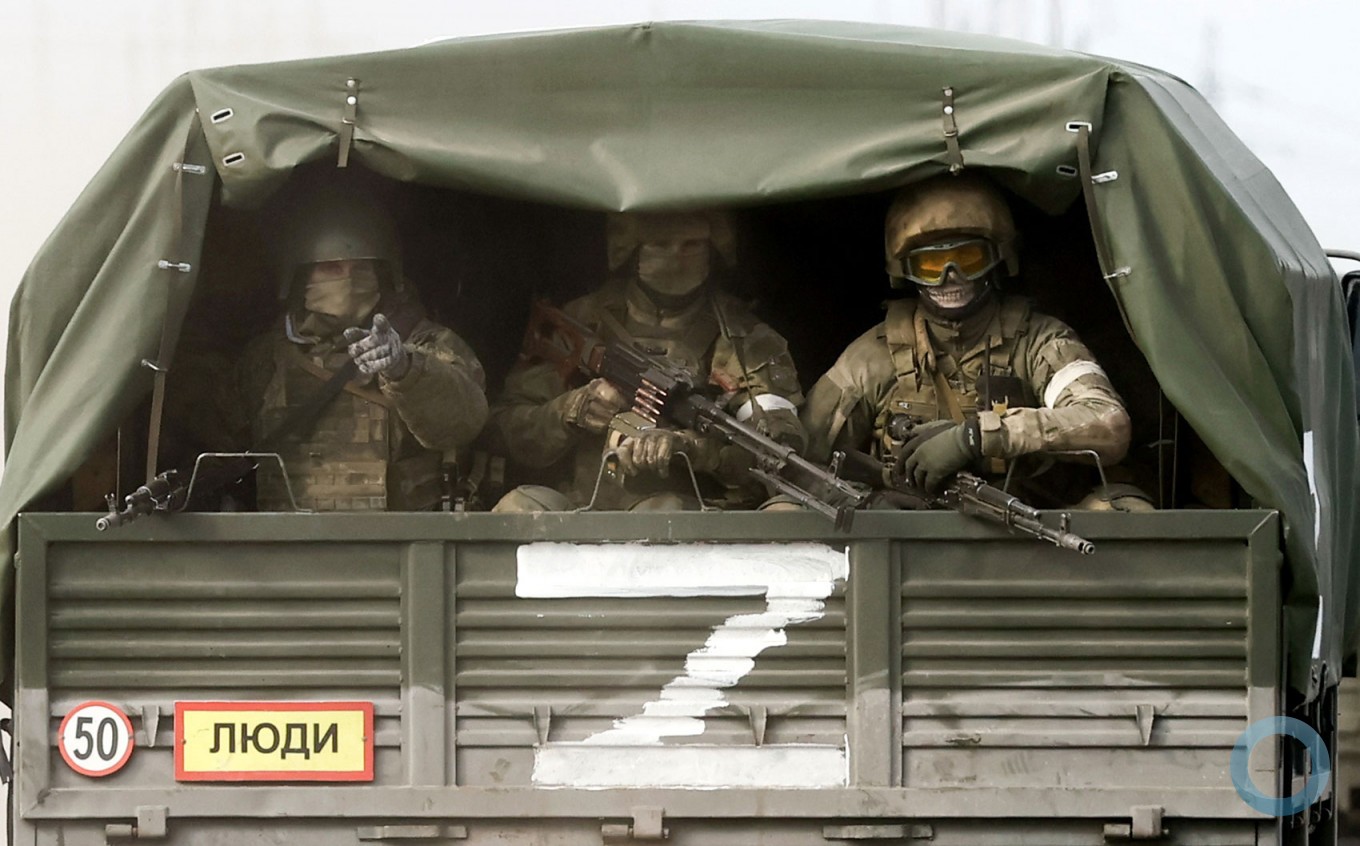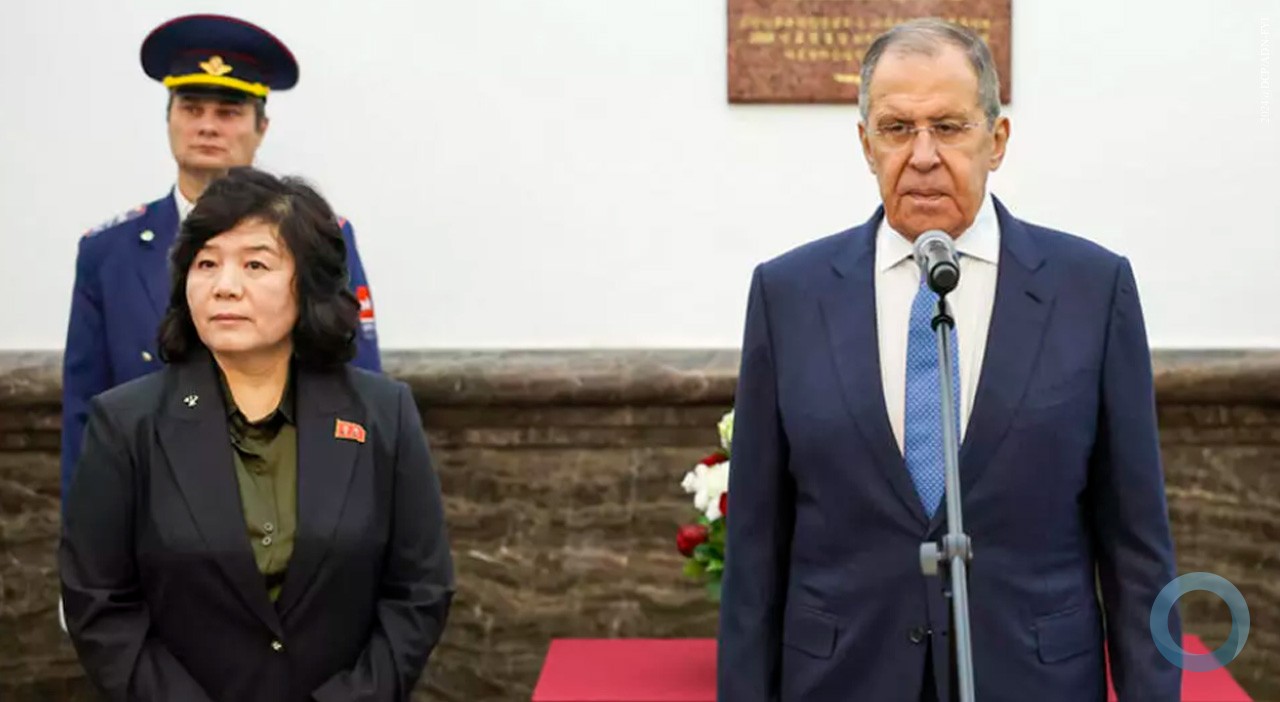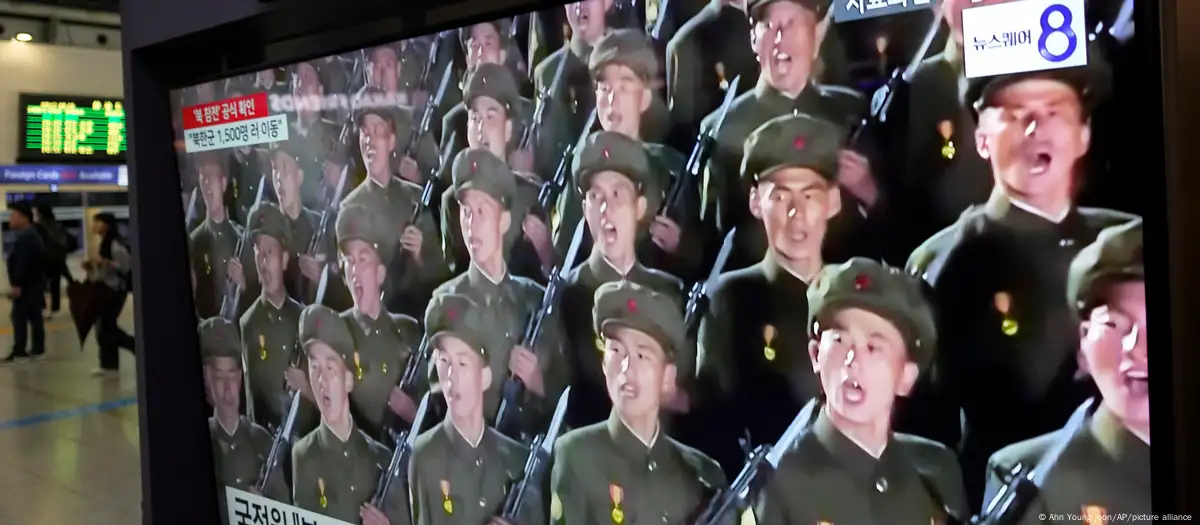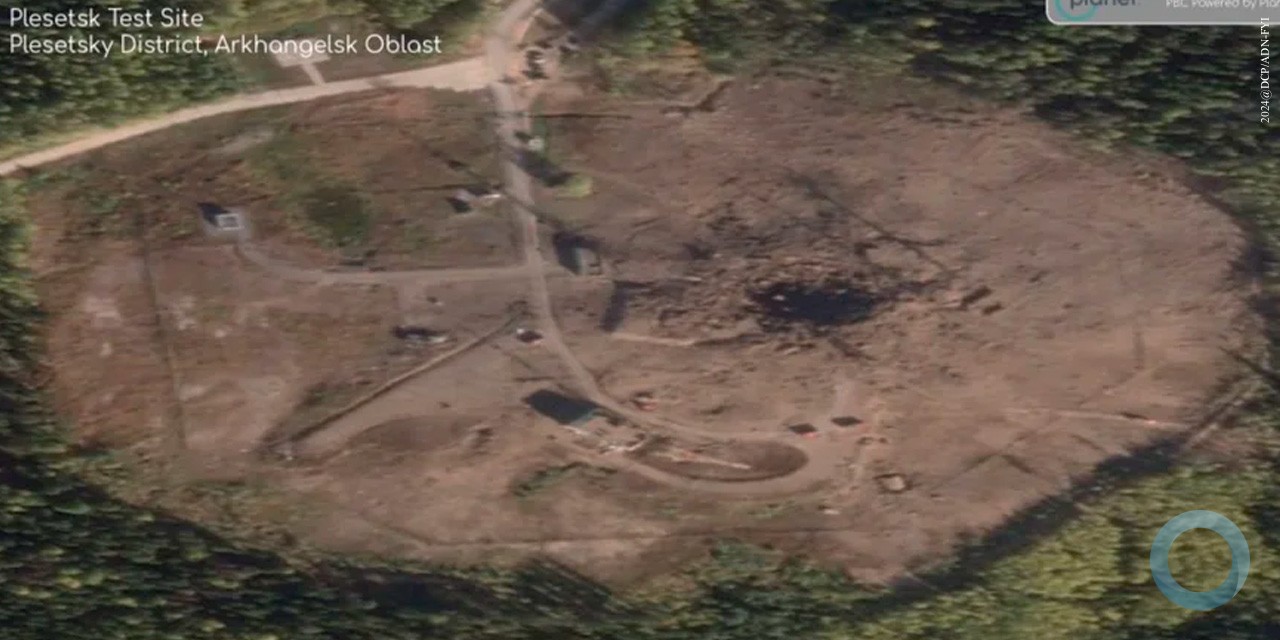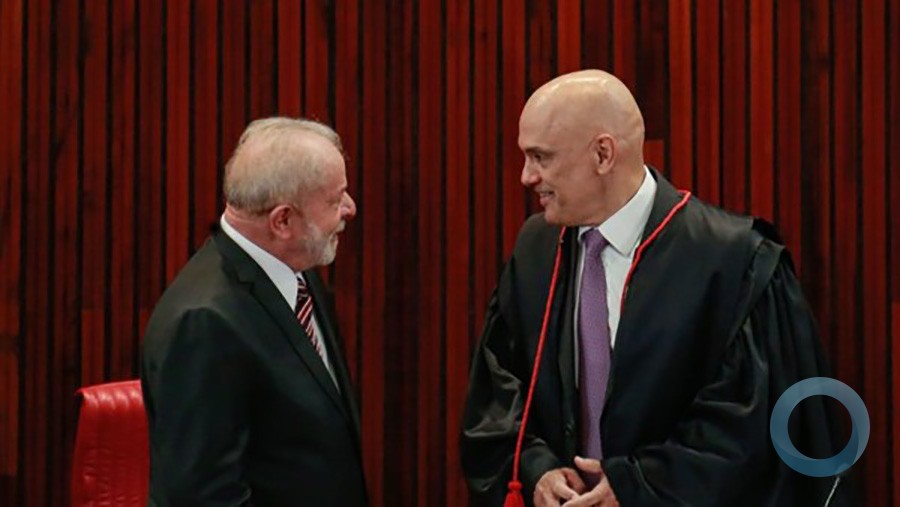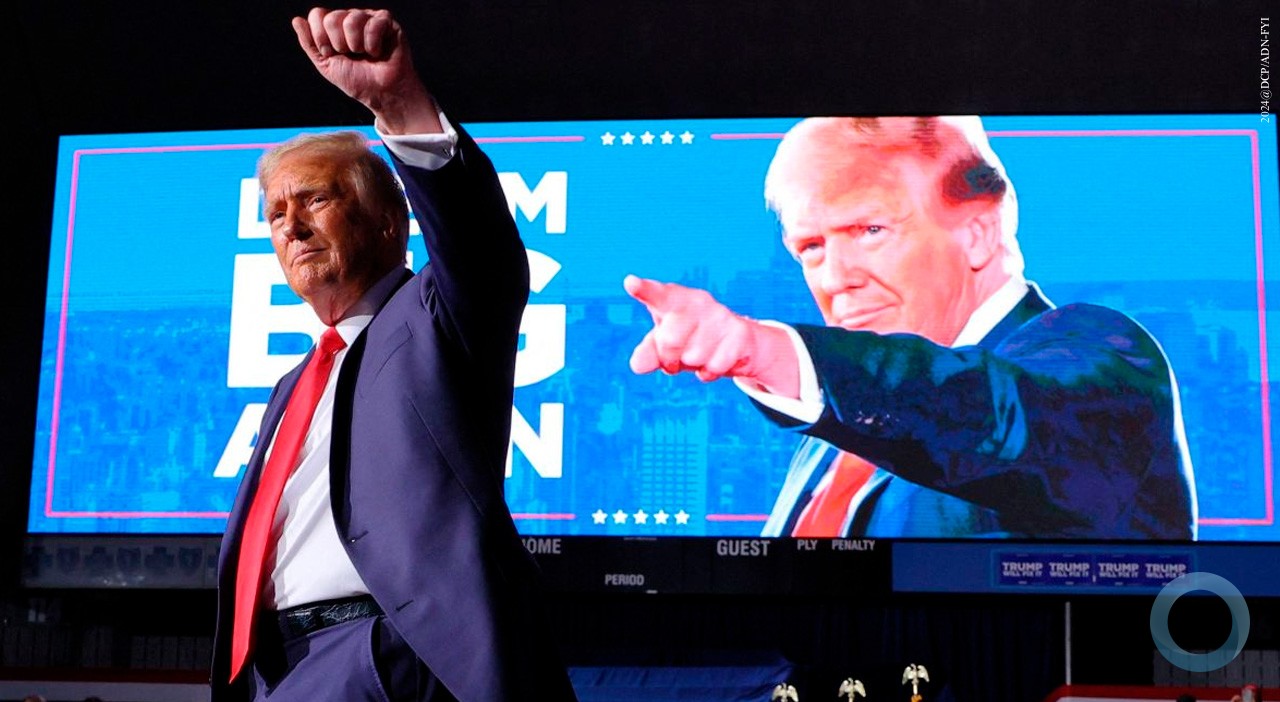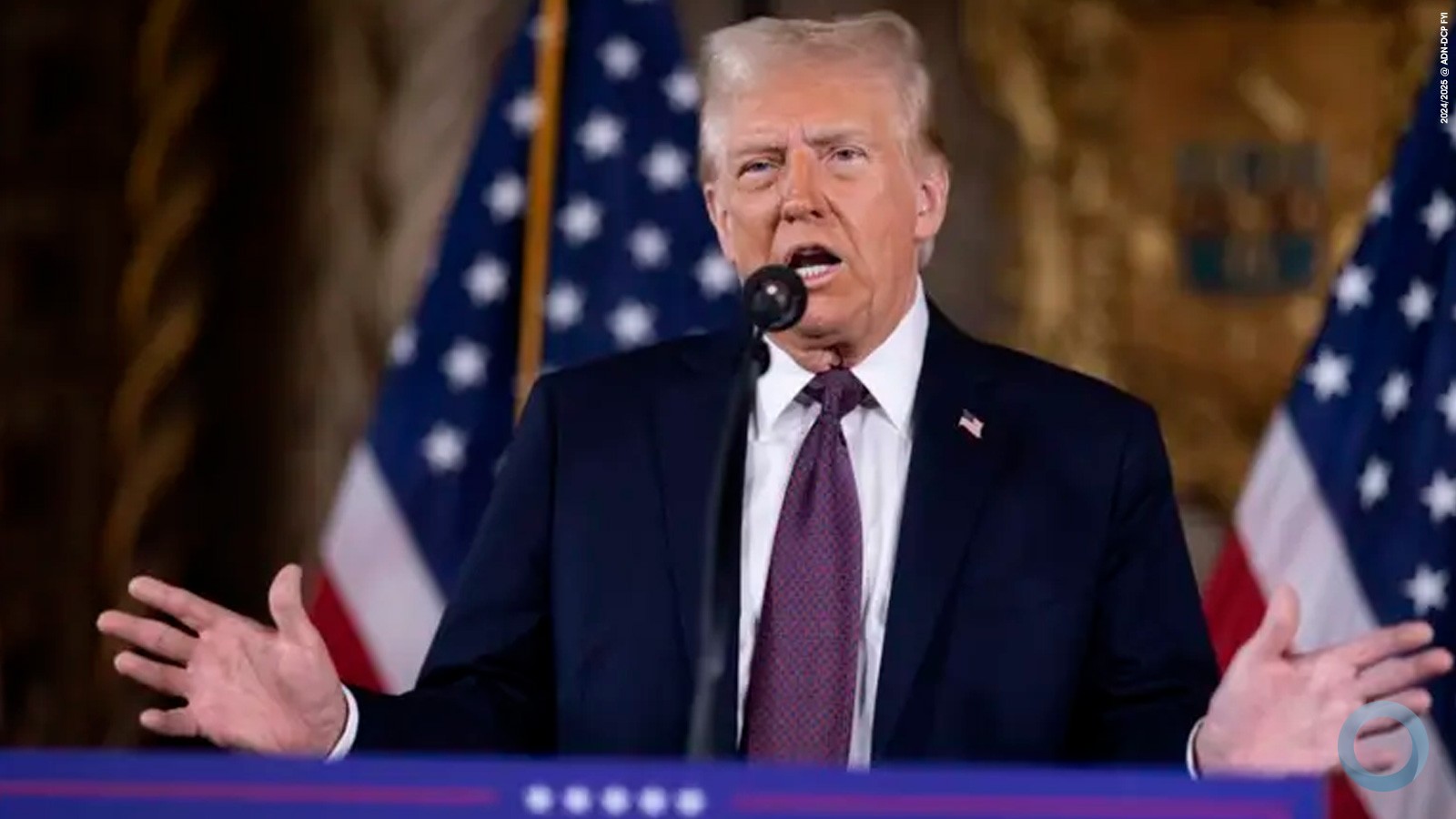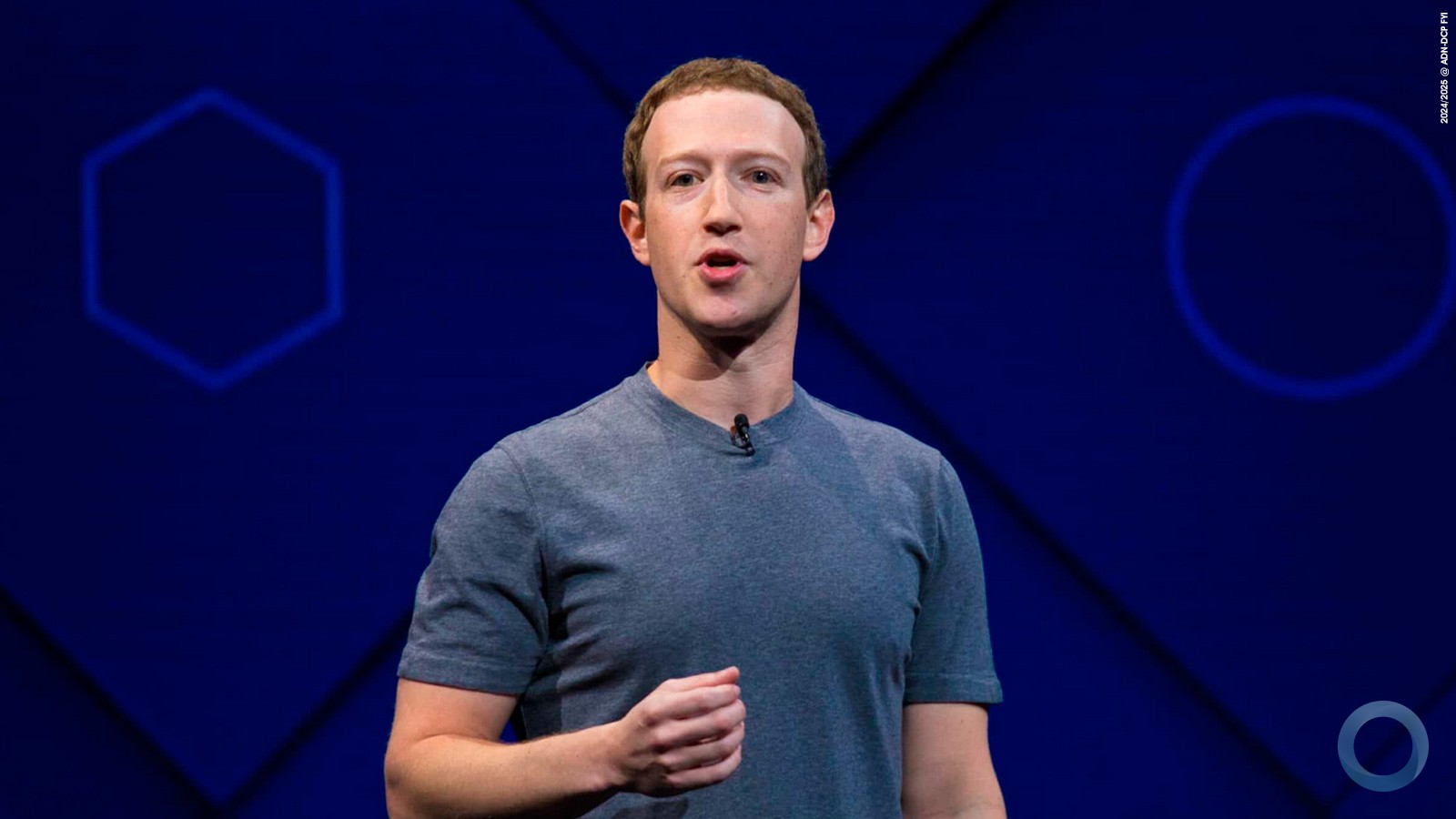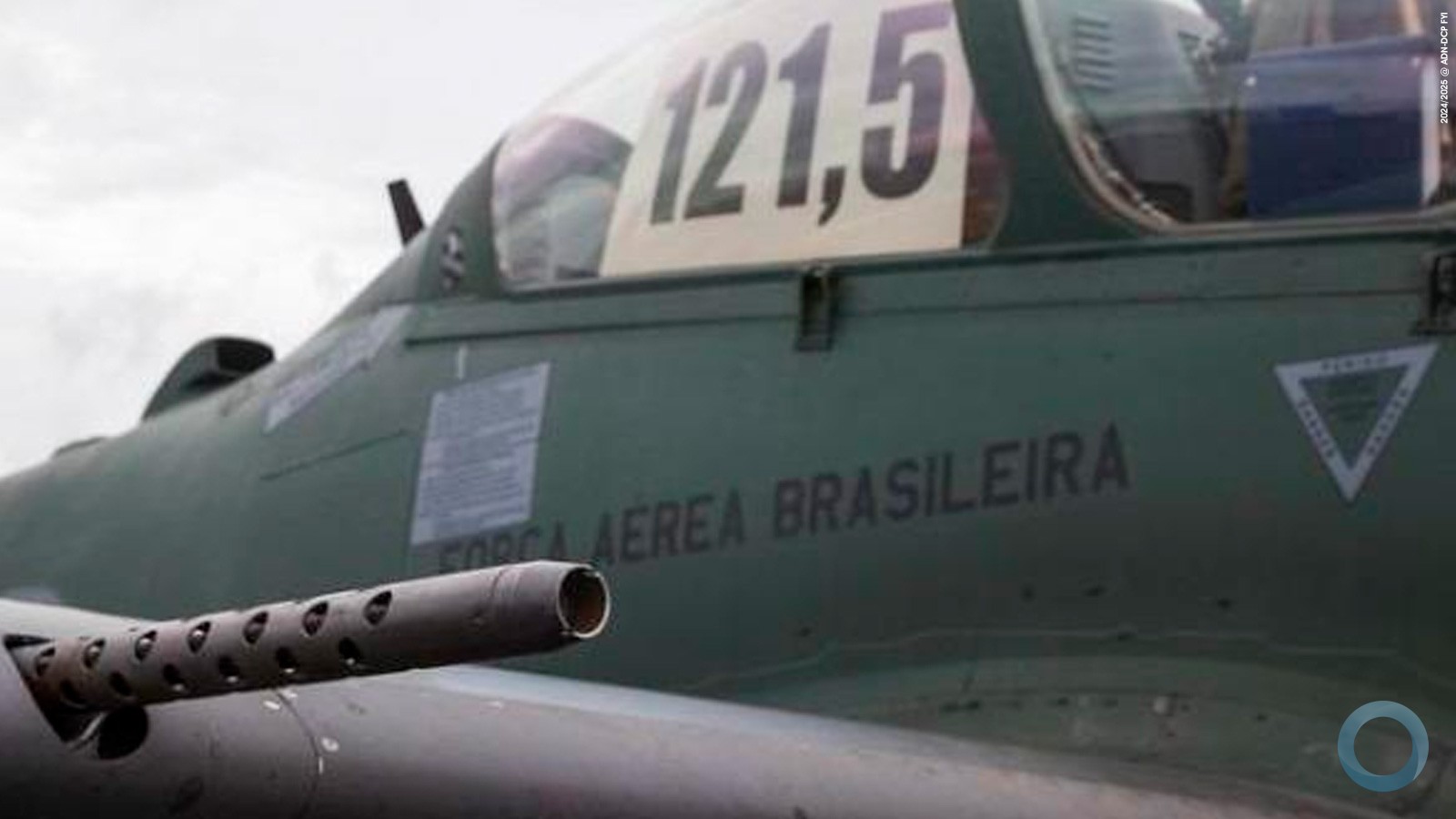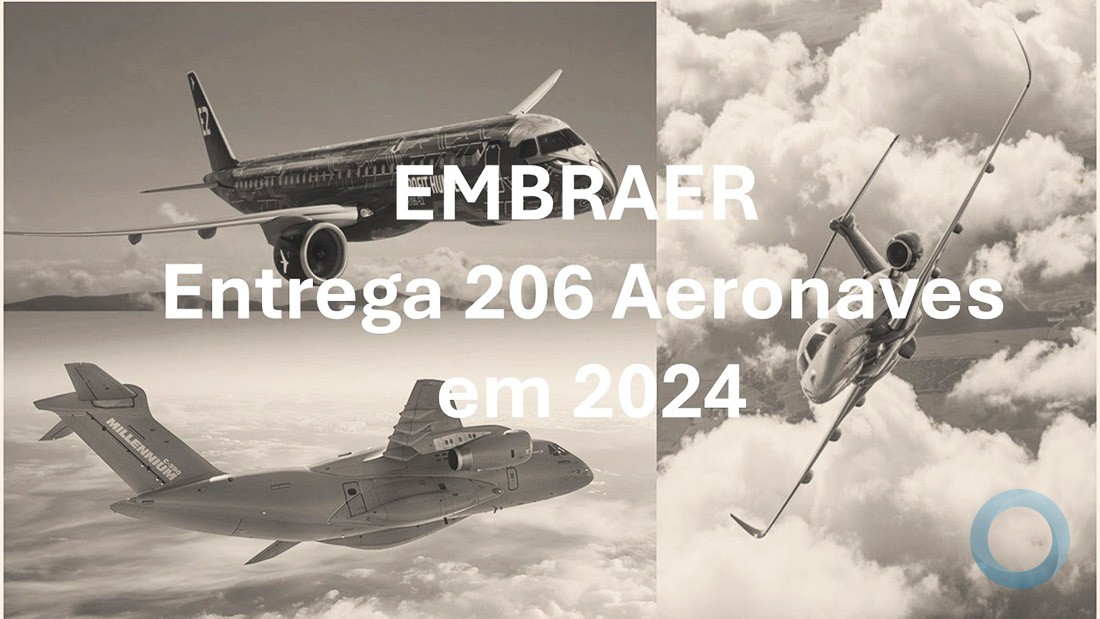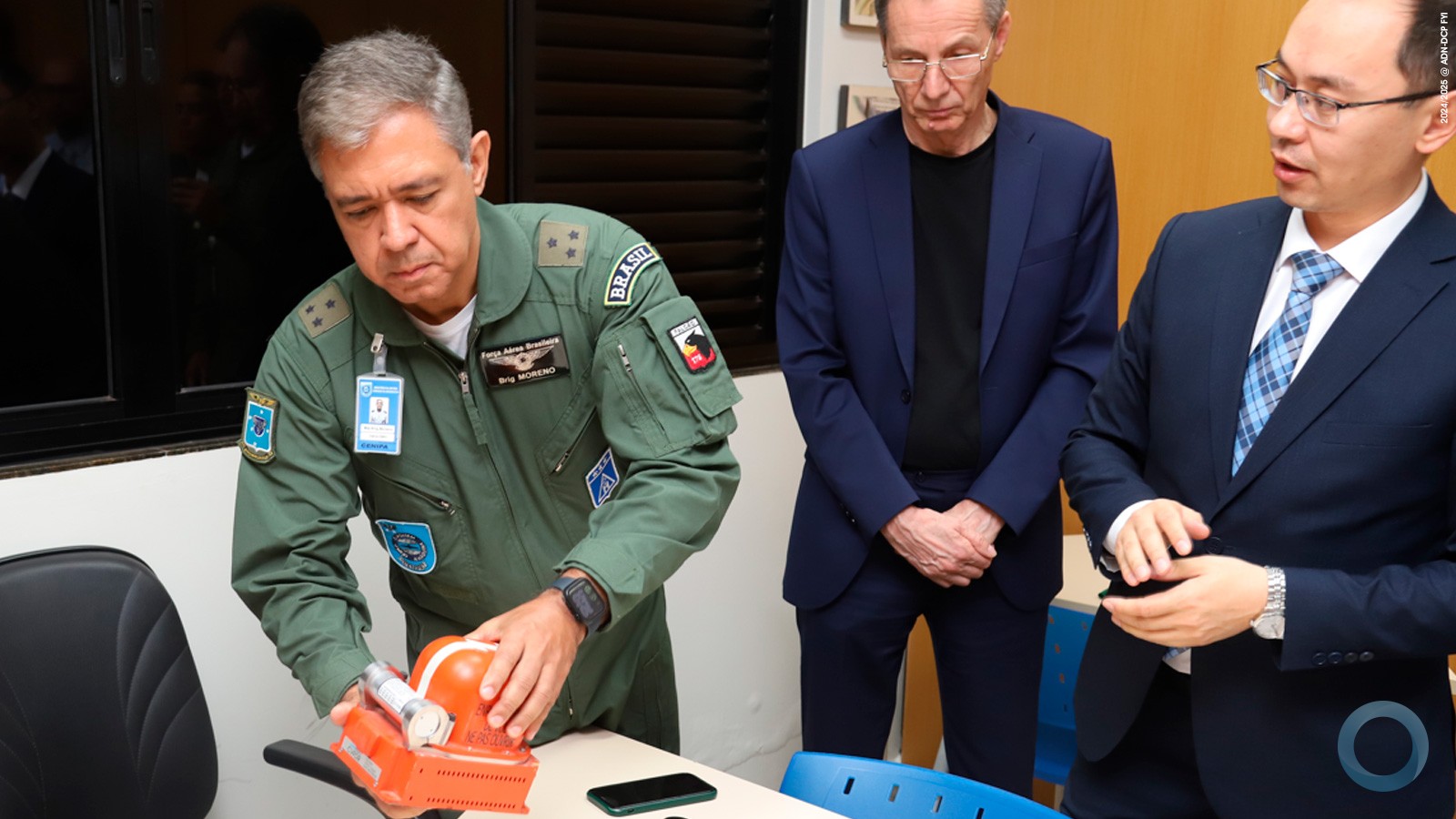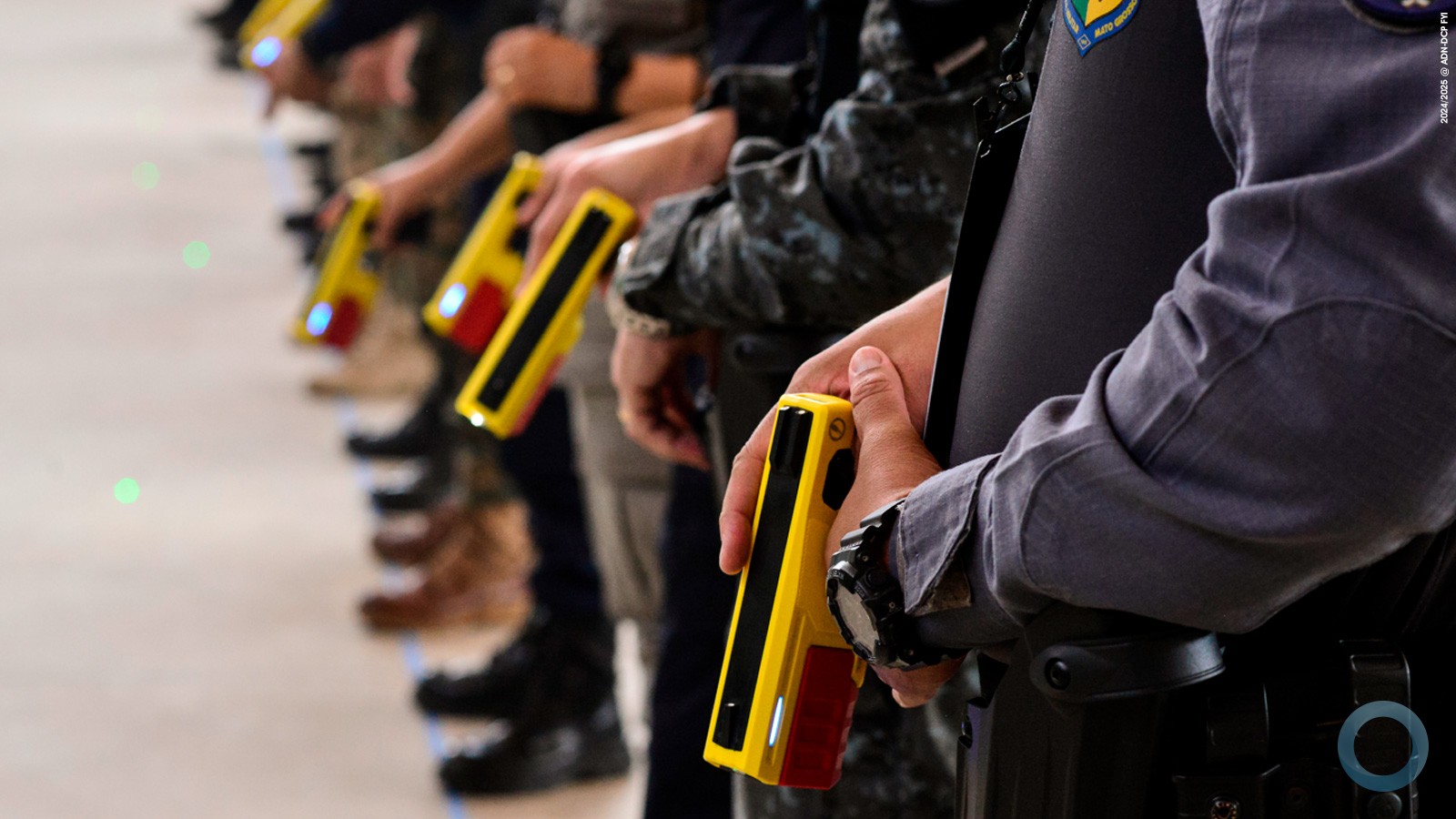Vladimir Putin gave an interview to Rossiya-1 television channel presenter Vladimir Solovyov. The interview was recorded on October 10.
Rossiya-1 presenter Vladimir Solovyov: Mr President, we are living in troubled times, as can be seen by the terrorist attack in Turkey that has left many dead and wounded. What conclusions can we draw and what can we do to stop this wave of terror?
President of Russia Vladimir Putin: We need to make a joint effort to combat this scourge. Let me take this opportunity to express my condolences to the Turkish people and the Turkish President. What happened there of course is an insolent terrorist attack, a crime that has caused many victims.
This is an attempt to destabilise the situation in Turkey, our neighbour and Russia's friend. The fact that this has happened during an election campaign is a sign of a clearly provocative act. But we will be effective in combating terrorism only if we fight this evil together.
Vladimir Solovyov: We did try to fight it together with the international community, but the international community does not wish to listen to us. Now everyone is busy raising a storm about the fact that we are in Syria. What are our real goals in Syria, and what are the criteria for success there?
Vladimir Putin: First, let me confirm what is already known, namely, that we informed our partners of our plans beforehand. We informed our American partners and many others, especially the countries in the region concerned, of our plans and intentions.
Some say that we left this too late, but let me point out that others, when planning and commencing their operations, never inform us, but we informed them.
Vladimir Solovyev: As a sign of good will?
Vladimir Putin: Yes, as a sign of our good will, and because we think this was the best course and we wanted to show that we are open to cooperation. Let me say again that we are acting in full compliance with international law – at the request of the Syrian Arab Republic's official government.
All other countries that have so far taken part in operations in Syria are acting unlawfully, because there is no UN Security Council resolution on these operations, and no official request from the Syrian authorities.
Let me note that when we began our operation, 11 countries were already taking part in one form or another in various strikes against Syrian territory. This has been going on for more than a year now. Realising and understanding this situation, we informed our partners of our plans and proposed that we work together.
Simplest of all would have been for them to join our efforts and in this way bring their own operations on Syrian soil within the law at the same time. After all, if we have a mandate to act from the Syrian authorities, the simplest solution would be for others to join us and work within this same mandate. Unfortunately, we have not been able to reach any such agreement so far with our partners and colleagues, but we do not lose hope that this might yet be possible.
Some progress has been made. We are setting up the forerunners for working groups with the Israelis and the Americans, and are moving in this same direction with our Turkish partners. We have received proposals from the Americans on how to organise things at the military technology level so as to avoid incidents. This is a first step at least and better than nothing at all.
Our specialists have received requests and proposals from the Americans, set out their vision of our possible cooperation, and sent it to the Pentagon. I hope that this will lead to the next step, which is essential for resolving the situation: the start of joint efforts to find a political solution.
Looking at the purely military dimension, we have heard reproach from others, who say that our airstrikes are hitting not ISIS and other terrorist organisations like Jabhat al-Nusra and suchlike, but forces belonging to the healthy opposition. In this situation, we say to our partners, if they know the situation on the ground better than us and have already been there for more than a year – unlawfully, true, but present nevertheless – if they know better than us (and I doubt this is the case, but let's assume it is possible), they should give us information on targets and we will work against these targets.
Vladimir Solovyev: They refused?
Vladimir Putin: Yes, they said they are not prepared to work at that level. I cannot see why, after all, if they really know the situation better and want to fight terrorism, they could share with us concrete locations where the terrorists are hiding out and have their command posts and arms and equipment depots.
What would be simpler than to give us targets? Sadly, our work together has not reached this point yet, but I say again that the first steps towards organising contacts at the military level have already been taken.
Vladimir Solovyov: The Syrian army has now gone on the offensive. What is their likelihood of success?
Vladimir Putin: This depends above all on the Syrian army itself and on the Syrian authorities. We cannot commit ourselves to more than is reasonable and never have done so. I said from the start that our active operations on Syrian soil will be limited in time to the Syrian army's offensive. Coming back to your earlier question, our task is to stabilise the legitimate government and establish conditions that will make it possible to look for political compromise.
Vladimir Solovyov: Stabilisation through military means?
Vladimir Putin: Yes, through military means, of course. When you have ISIS and other such groups of international terrorists right next to the capital, who is going to want to look for a settlement with the Syrian authorities, sitting practically under siege right in their own capital?
On the contrary, if the Syrian army demonstrates its viability and, most important, its readiness to fight terrorism, and if it shows that the authorities can achieve this, this opens up much greater possibilities for reaching political compromises.
Vladimir Solovyov: Does this mean that you are considering the possibility of using Russia's armed forces in ground operations in Syria?
Vladimir Putin: No, this is out of the question.
Vladimir Solovyov: No matter what turn developments take?
Vladimir Putin: That's right. We have no such plans and our Syrian friends know this.
Vladimir Solovyov: Our airstrikes' accuracy and the Defence Ministry's reports show that it seems we have a better grasp of the situation than the American-led coalition. Where is our information coming from?
Vladimir Putin: We prepared for these operations. We carried out preliminary work that involved concentrating sufficient forces, resources and equipment in the right place at the right time. We did a lot of close, long-term intelligence gathering from space and from the air, and then we analysed all of the information obtained through various channels.
Our General Staff specialists, working in coordination with our Syrian partners and other countries in the region have established an information centre in Baghdad, as you know. The data exchanged through this centre has added to our overall information. Thus, everything that is taking place in the air or on the ground is not spontaneous action, but the implementation of plans prepared in advance.
Vladimir Solovyov: What happened on October 7 made a big impression of course, including on the military experts: no one was expecting that the Caspian flotilla would launch strikes, with missiles crossing two countries to hit targets in a third. Had American intelligence stopped working?
Vladimir Putin: I think they were working away. Their intelligence is one of the best in the world. Let's not start throwing criticism their way. They have one of the world's biggest intelligence services, but even they cannot know everything, and should not know everything.
Vladimir Solovyov: What were the missiles used in this operation?
Vladimir Putin: They were Kalibr missiles. We started commissioning these missiles not so long ago, in 2012. They have a range of 1,500 kilometres, as has already been noted. They are cutting-edge high-precision weapons. We plan to re-arm our armed forces not just with missiles of this sort, but also with the latest generation ground and aviation equipment. These are all sophisticated weapons systems that have proven their great effectiveness in practice.
Vladimir Solovyov: What course did the missiles follow?
Vladimir Putin: You just said yourself that they crossed two countries. They made 147 turns along the route and flew at a height of between 80 and 1,300 metres.
Vladimir Solovyov: Is their speed a military secret?
Vladimir Putin: No, it's not a secret. They travel at around the same speed as a jet aircraft. This is well known and is not at all secret information. All of our partners, at the expert level at least, know that Russia has weapons of this sort.
But it is one thing for the experts to be aware that Russia supposedly has these weapons, and another thing for them to see for the first time that they really do exist, that our defence industry is making them, that they are of high quality, and that we have well trained people who can put them to effective use. They have seen too now that Russia is ready to use them if this is in the interests of our country and people.
Vladimir Solovyov: Are the Western equivalents better or worse? Do they have anything to fear?
Vladimir Putin: They are the same. I might be wrong, but I think the Americans produce similar sea-launched missiles with a range of up to around 4,500 kilometres. We have similar systems, but air-based, and also with a range of 4,500 kilometres.
Vladimir Solovyov: This means that we can launch airstrikes from our own airspace?
Vladimir Putin: Yes, that's right.
Vladimir Solovyov: Are we talking about an arms race here?
Vladimir Putin: No, this is not about an arms race, but about the fact that modern weapon systems and delivery systems are always evolving and improving, and this is happening even quicker in other countries than in Russia. We therefore have no choice but to keep up with them for a start, and then you have to remember too that we planned our armed forces modernisation programme several years ago, when the international situation was not in the tense state it is in today.
We drafted and started carrying out this programme not because we were preparing for aggressive action, but simply because the main attack systems our armed forces had at their disposal were gradually becoming obsolete and it was time to replace them. These were timely decisions on our part.
Vladimir Solovyov: Barack Obama thinks that you are acting solely out of vanity and a desire to put Russia back on the global political map, but at the same time, you are 'driving the Russian economy into the ground'. Can we afford this rearmament programme? Can we afford this kind of foreign policy?
Vladimir Putin: This isn't a foreign policy issue. Russia has a peaceful foreign policy, and this is no exaggeration. If you look at the political map of the world and Russia's place on it, it is obvious that we have no need for others' territory or natural resources. We have enough resources of our own and we have no need for war or conflict with anyone else.
What's more, in 1990, it was Russia that started the divorce process between the republics making up the former Soviet Union. We showed good will and gave these countries their independence. This happened not as a result of civil war or conflict, but was a consensus decision, and Russia's stance played a central role in this decision.
We therefore have no desire to restore the empire or rebuild the Soviet Union, but we do have a duty to defend Russia's independence and sovereignty. This is what we have been doing and will continue to do.
As for the economic dimension, coming back to what I said before, we drew up the plans to modernise and rearm our country's armed forces with the most up-to-date systems several years ago. It was 10 years ago now that we started working on these plans and formulating the tasks ahead. Let me say again that this was all about natural replacement of aging weapon systems.
Another circumstance I want to note in this respect is that all of this work involves advanced technology, and the tasks we are carrying out in the defence industry will push us into developing not just applied but also fundamental science and will have benefits for the entire economy.
Let me say a few words about import replacement in this respect. We purchased abroad many of the components we were using in the defence industry. But it was always clear that importing more sensitive components and technology and even spare parts for the defence industry was not a very far-sighted policy, to put it mildly.
Having petrodollars made it easy to buy things abroad of course, but we need to develop science and industry here in Russia. In this sense, the import replacement that our partners' actions have pushed us into is actually precisely what our country needs. We are therefore not creating problems for our economy, but on the contrary, are raising it to new levels of technological progress.
Vladimir Solovyov: In other words, the defence industry will drive growth.
Vladimir Putin: Yes, that's right. This is the way things work all around the world – in the United States, Europe, China and India. We built the BrahMos missile together with our Indian partners, for example, and developed a whole new sector in Indian industry. India's scientists worked very actively. This was a real step towards developing a high-tech production sector in India. Our Indian partners are very happy and have proposed developing this programme further, and we intend to do so.
Vladimir Solovyov: The terrorist attack in Turkey raises questions that many are asking themselves now in Russia. We are fighting terrorism, which threatens our country too, and are trying to stop it before it reaches our borders. But are we ready here at home to resist attempts to once again bring suffering and death to our soil?
Vladimir Putin: If you think about it, we have already become used to hearing of a terrorist attack here, a terrorist attack there. Unfortunately, we have not yet got rid of this threat. Back at the time when I took the decision to launch operations against international terrorist groups following the attack on Dagestan, many people said to me that we cannot do this for all sorts of reasons, said there is a risk the terrorists will do this, try that.
I came to the conclusion that if we fear that the terrorists will so something, they will definitely do it. We must take pre-emptive action. Of course, there are risks, but let me say that these risks existed anyway, even before we began our operations in Syria.
If we just stood by and let Syria get gobbled up, thousands of people running around there now with Kalashnikovs would end up on our territory, and so we are helping President Assad fight this threat before it reaches our borders.
Vladimir Solovyov: But the message we are getting from outside is that we have joined this war on the side of the Shiites and against the Sunnis.
Vladimir Putin: This is a false message and wrong argument. We make no difference between Shiites and Sunnis. A sizeable part of Russia's population – 10 percent – is Muslim. I have said many times that they are every bit as much citizens of Russia as Christians or Jews, and we make no difference between people.
We have absolutely no desire to get entangled in inter-religious conflicts of any sort in Syria. Our only goal is to support the lawful government and create conditions for a political settlement. This was our original aim, and this remains the guideline for our actions now.
We are fortunate to have very good relations with the Muslim countries where a majority of the population are Shiites, and we also have very good relations with the Sunnis. We value these relations and want to develop them further.
Vladimir Solovyov: Mr President, have you had any support from the leaders of Sunni countries?
Vladimir Putin: Yes, I think there is support.
Vladimir Solovyov: Their leaders have called you and expressed support for our involvement?
Vladimir Putin: It is not just a question of phone calls. We are in constant contact with people and we know what they think. Moreover, if all I heard were the usual propaganda clichés coming from the media and did not know what various countries' leaders really think, we would perhaps not have decided to get involved in Syria.
Vladimir Solovyov: Do we have the support of our friends in Egypt?
Vladimir Putin: It's not a matter of Egypt alone.
Vladimir Solovyov: Others support us too?
Vladimir Putin: Let me remind you that the terrorist threat dangles over many of the region's countries. The leader of one of the region's countries said to me on one occasion that the Middle East countries, the Muslim countries, are terrorism's prime victims, and this is indeed the case. We want to fight terrorism and are ready to do so.
I do not understand some of our colleagues in Europe and the United States though, when they say they are fighting terrorism, but we see no real results. What's more, it's a well-known fact that the Americans have shut down the programme to train the Free Syrian Army.
They started out with plans to train 12,000 people, then said they would train 6,000, and then they trained only 60 people, and it turned out in the end that only 4-5 people are actually out there fighting ISIS. They spent $500 million on this.
They would have done better to give $500 million to us, and we would have put it to better use in terms of fighting international terrorism, that's for sure. In any case, we need to try to get our work together to the level of full-fledged intelligence information sharing, as I said.
Vladimir Solovyov: Thank you, Mr President.






